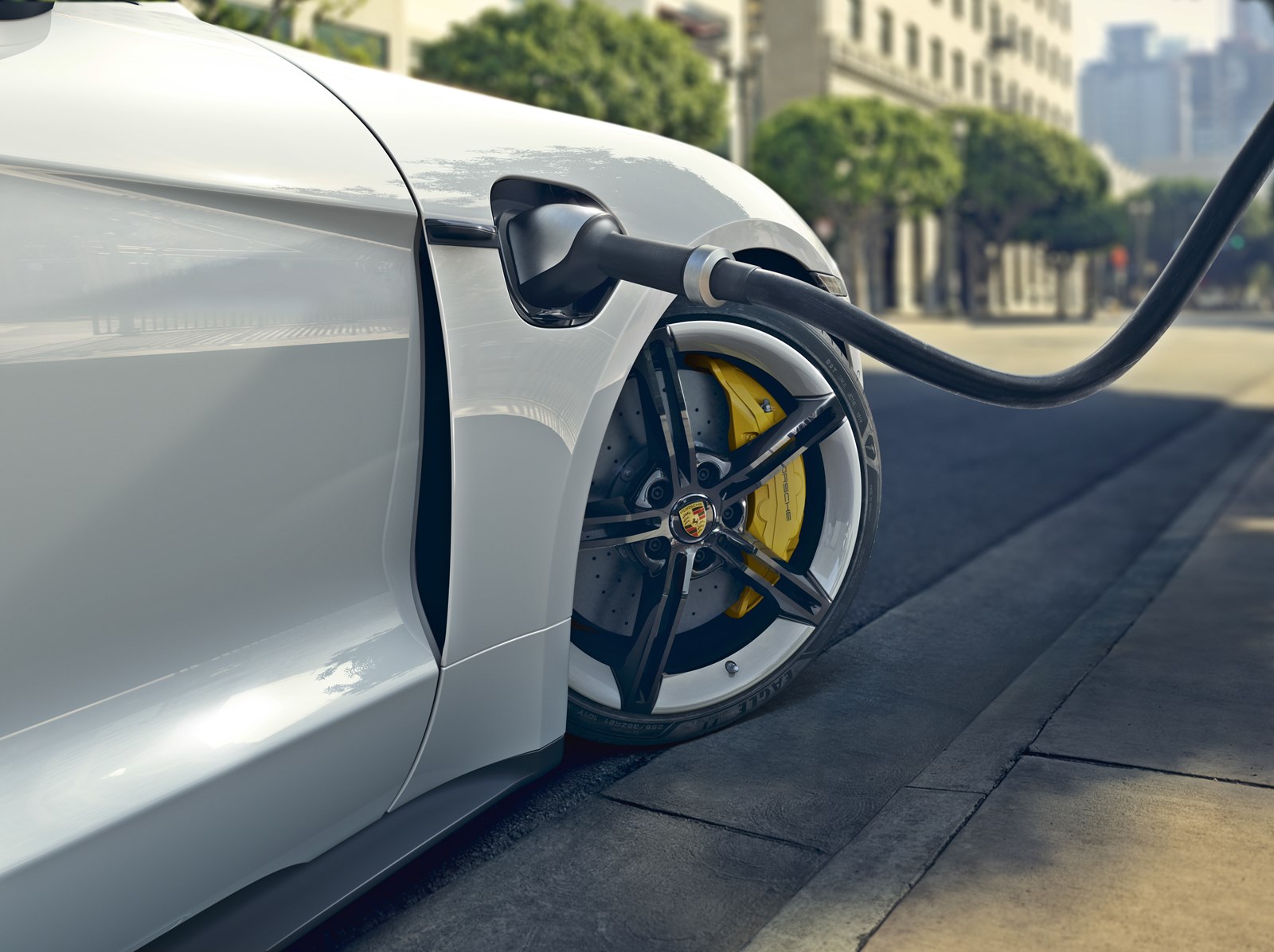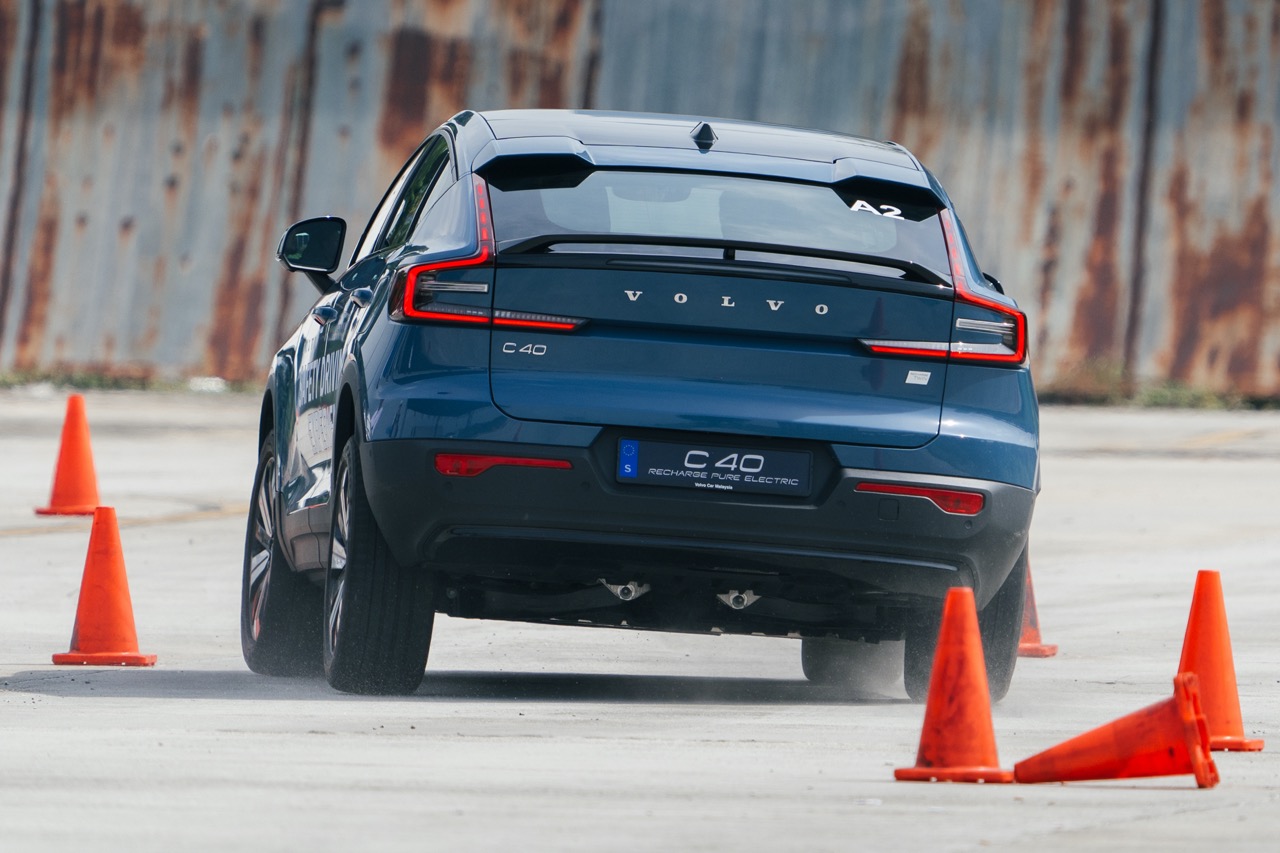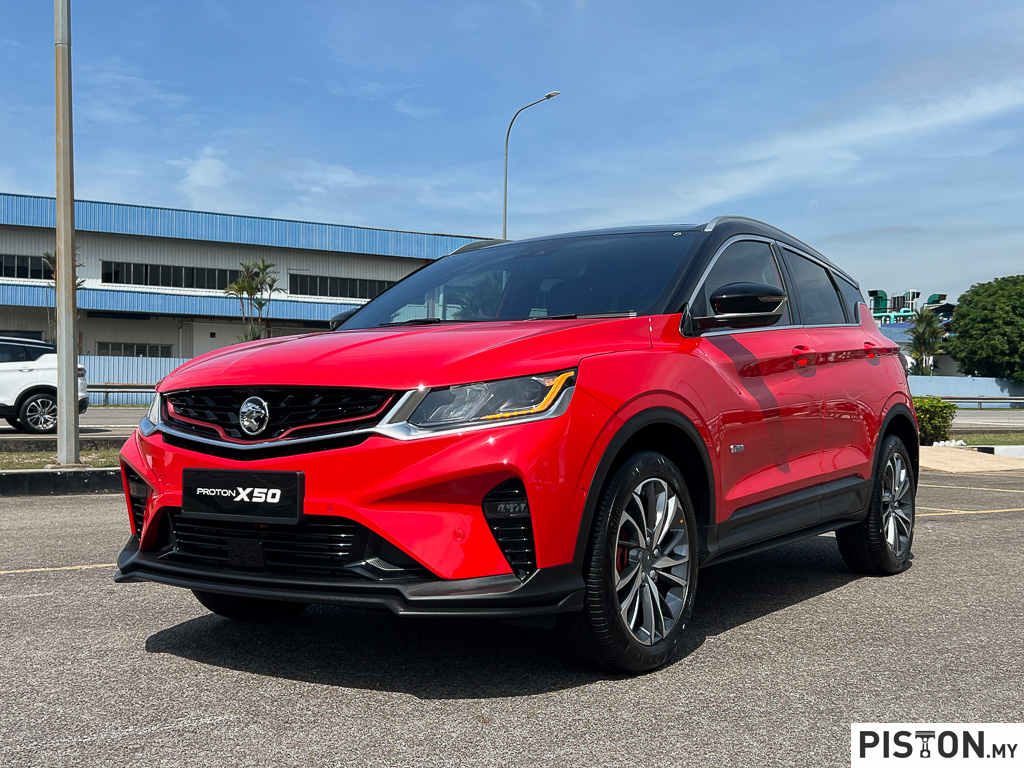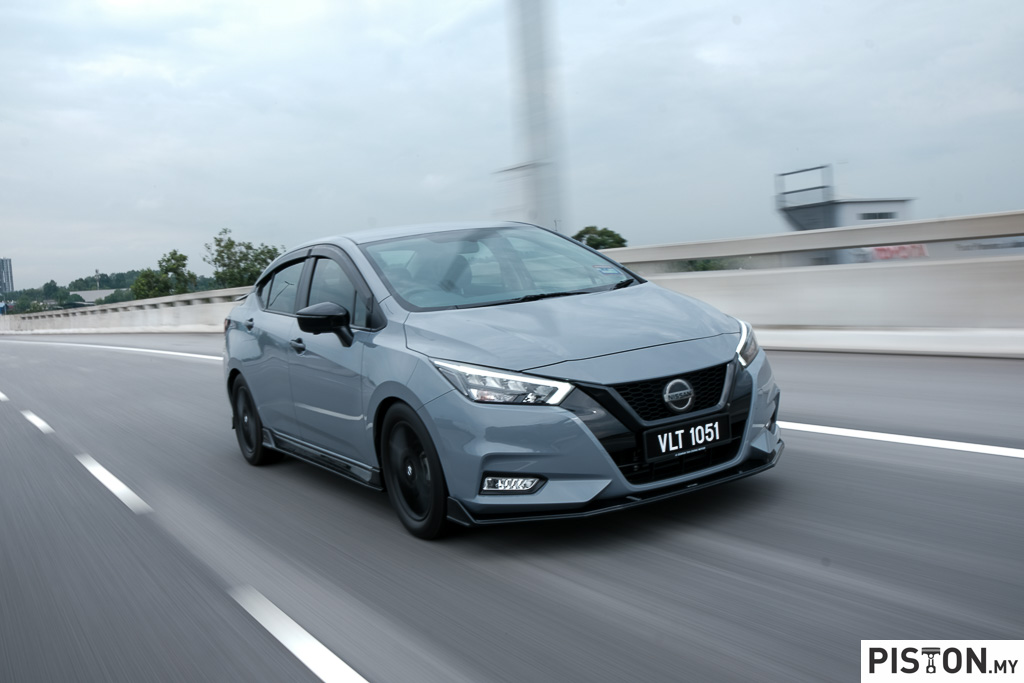Malaysia’s aspirations to establish itself as a prominent player in the electric vehicle (EV) sector face a challenging landscape, with neighbouring countries like Thailand and the Philippines leading the charge in EV adoption.
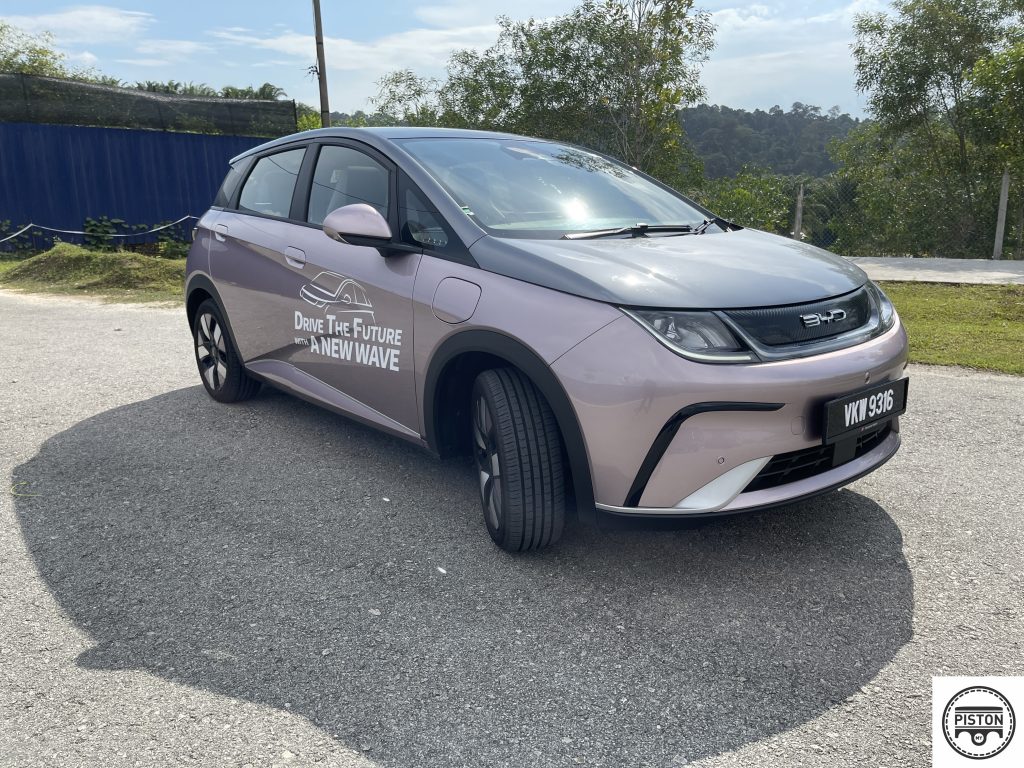
To bolster its EV industry, stakeholders stress the importance of collaboration with ASEAN neighbours, focusing on comprehensive, long-term policies, and incentives. This approach aims to boost EV sales and contribute to renewable energy (RE) goals, aligning with the government’s aim to have RE account for 17% of total energy by 2040.
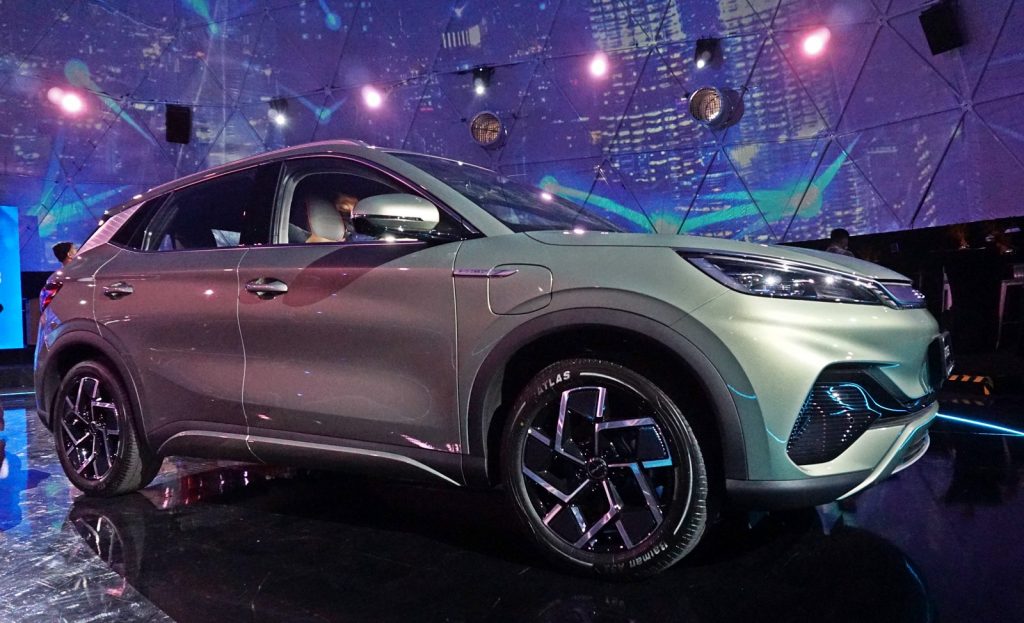
As reported by FMT, the Malaysian Automotive Association (MAA) emphasises the need for more incentives to expedite the transition to EVs, suggesting personal income tax relief for EV buyers who also install solar panels at home. Such a policy would encourage renewable energy utilisation, a vital aspect of the nation’s energy transformation.
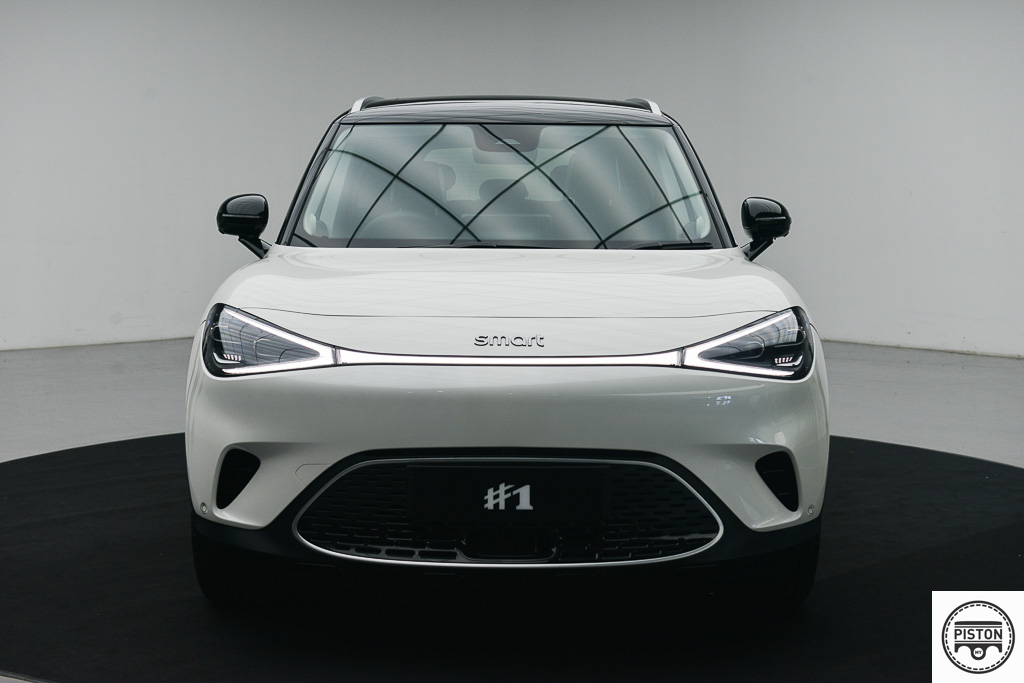
The Electric Vehicle Association of Malaysia (EVAM), an advocacy group, underscores the need for enhanced infrastructure, government support, technological advancements, and market growth to realize Malaysia’s potential as an EV hub. Expanding the EV charging infrastructure and offering tax exemptions are crucial factors that can propel Malaysia to become a dominant player in Southeast Asia’s EV sector.

Instead of competing, Malaysia and its ASEAN neighbors are encouraged to collaborate and complement each other’s strengths. While Malaysia may not have the resources for large-scale EV assembly, it can excel in supplying components, semiconductors, and control units. Collaboration can extend to developing a robust EV ecosystem, with Malaysia’s semiconductor production capabilities and product design expertise playing pivotal roles.
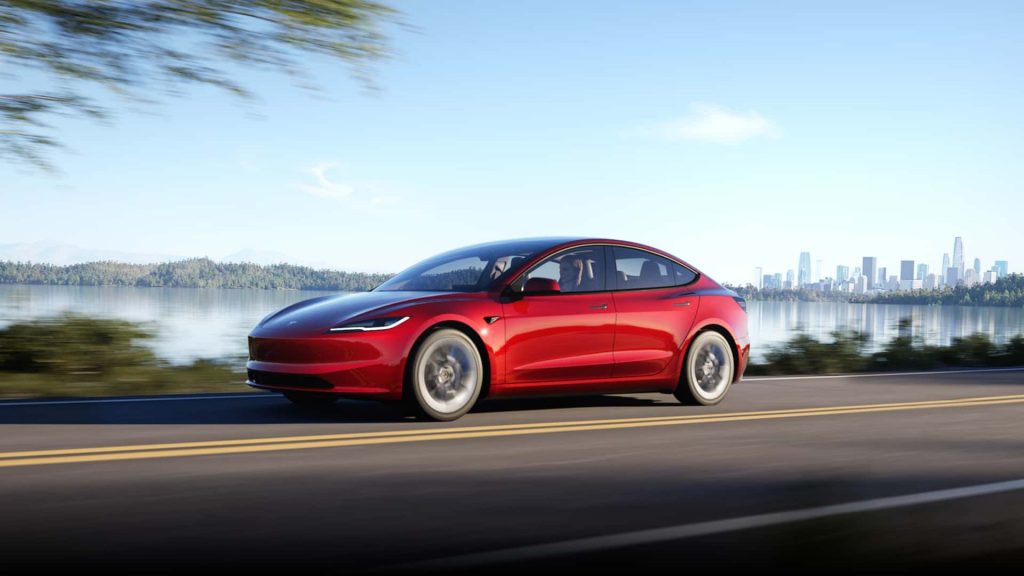
Globally, the EV market is experiencing remarkable growth, with over 10 million EVs sold last year, marking a substantial increase from previous years. Malaysia has already implemented various incentives, such as import and excise duty exemptions for EVs and components, road tax exemptions, and personal income tax relief for EV charging facilities. However, concerted efforts and regional cooperation are crucial to successfully achieving Malaysia’s EV ambitions.
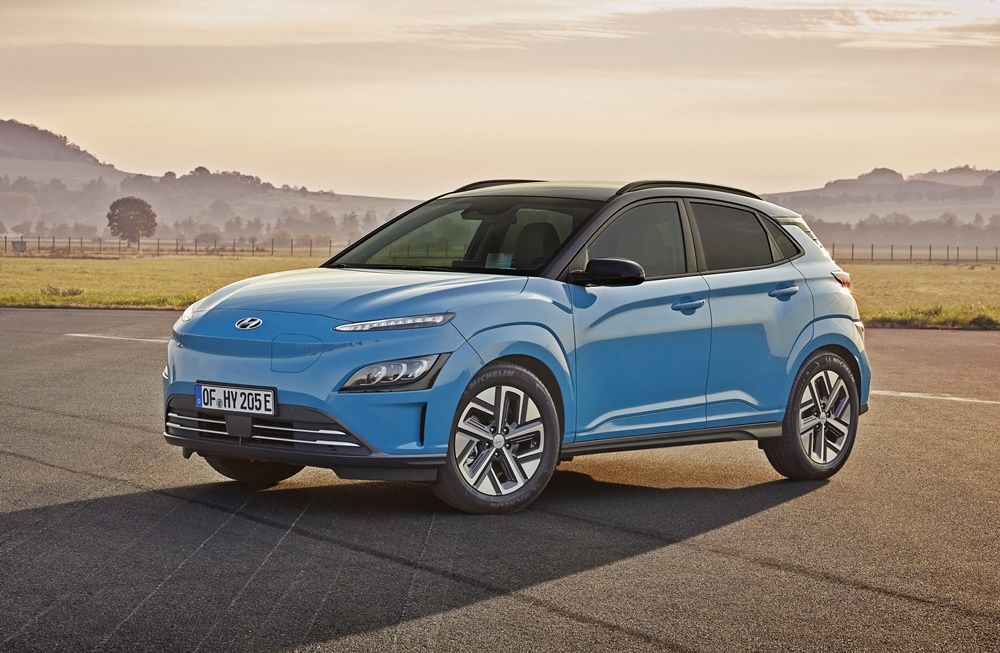
Despite a rich automotive history and a strong affinity for cars among Malaysians, the nation faces a challenging journey to establish itself as an EV manufacturing hub. To realise this vision, Malaysia must accelerate its efforts, foster innovation, and leverage partnerships within the ASEAN region.



